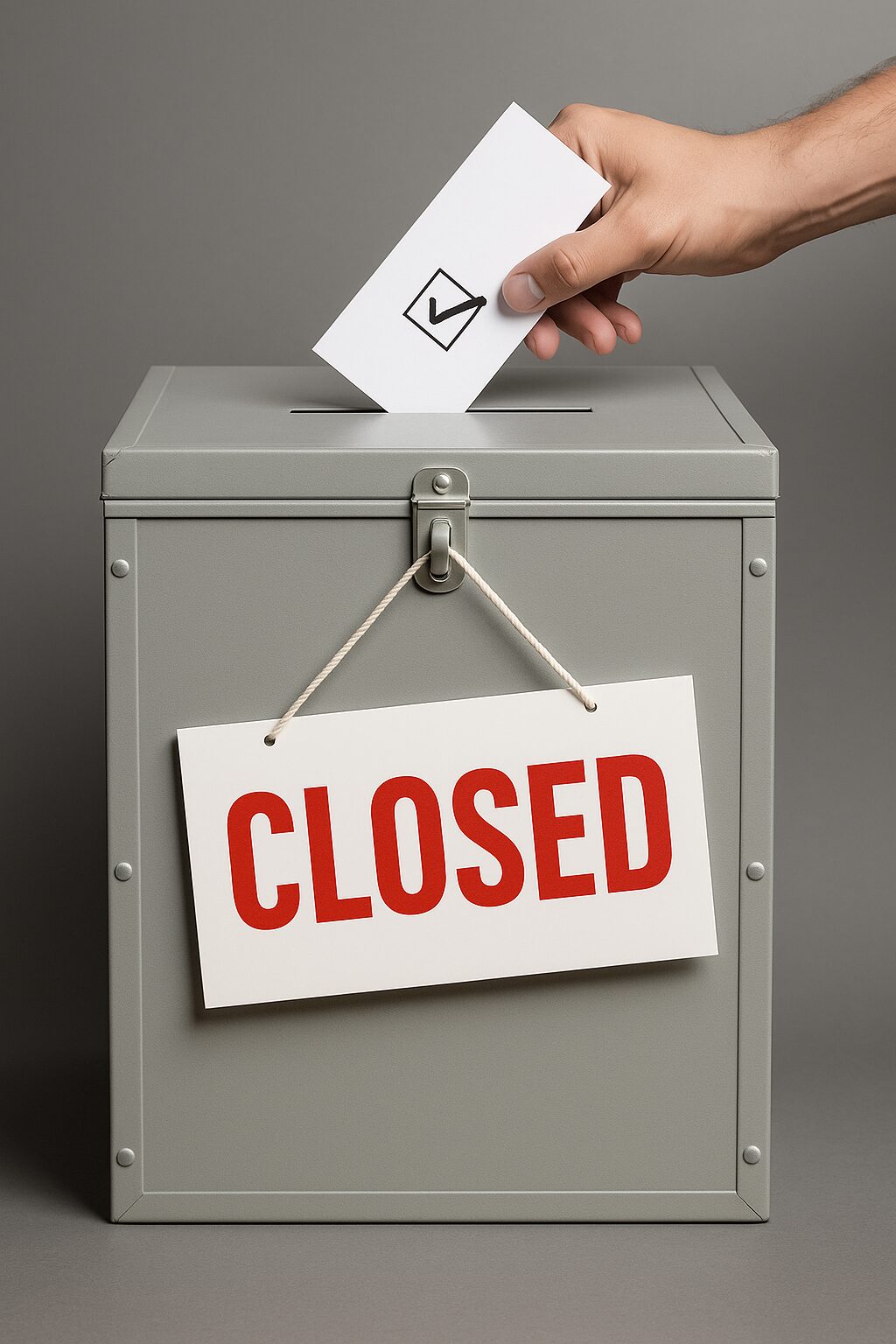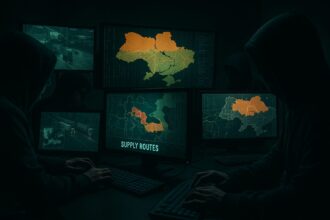Washington, D.C. — President Donald J. Trump announced Monday that he intends to issue an executive order eliminating mail-in ballots and voting machines ahead of the 2026 midterm elections, citing what he described as widespread vulnerabilities to fraud.
The move, unveiled during remarks at the White House, would represent one of the most sweeping federal interventions in election administration in U.S. history. Trump argued that paper-only, in-person voting is the “only way” to secure elections, claiming that “machines can be hacked” and “mail-in ballots are an invitation to cheating.”
“Our elections must be safe, secure, and honest. The American people deserve nothing less,” Trump declared. “We will return to the gold standard of in-person voting with paper ballots only,” President Donald J. Trump said in an official statement.
Democratic Pushback
Democrats swiftly condemned the announcement, warning that such a step would disenfranchise millions of Americans, particularly the elderly, disabled, overseas military personnel, and those living in rural communities.
Senate Majority Leader Chuck Schumer called the move “blatantly unconstitutional,” saying it amounted to “an attempt to rig the system by making it harder for ordinary Americans to vote.”
Voting rights groups echoed that concern. “Mail-in ballots and voting machines are not only safe but necessary for accessibility,” said Karen Hobert Flynn, president of Common Cause. “This order would strip away rights from millions.”
Legal and Constitutional Hurdles
Legal experts immediately raised doubts about the order’s enforceability. Under the Constitution, the administration of elections is largely delegated to the states. While the federal government has some authority to regulate certain aspects of voting — particularly in federal elections — scholars stressed that the president cannot unilaterally dictate voting methods.
“Election law is overwhelmingly state law,” said Richard Hasen, a UCLA law professor and election law scholar. “The president simply doesn’t have the authority to ban mail-in ballots or voting machines nationwide. If this executive order is issued, it will be challenged in court the same day.”
Setting the Stage for a Legal Showdown
The announcement sets up a potential constitutional clash between the White House and the states, as well as with Congress, which has oversight powers over federal elections. Lawsuits are expected immediately if the order is signed, with courts likely asked to block its enforcement before ballots are cast in 2026.
State election officials also expressed alarm. Georgia Secretary of State Brad Raffensperger, a Republican who resisted Trump’s pressure during the 2020 election, warned that “such an order would create chaos” and said his state would continue to use voting machines and absentee ballots unless compelled otherwise by law.
Political Stakes
The move comes as Trump prepares for the 2026 midterms, which will be seen as a referendum on his presidency and his party’s strength in Congress. Eliminating voting machines and mail-in ballots would dramatically reshape how Americans cast votes, potentially leading to longer lines, logistical hurdles, and disputes over ballot counting.
Democrats are expected to frame the issue as a fight over democracy itself, while Trump and his allies are likely to rally supporters around the argument of “election integrity.”
As the legal battles begin, both sides appear ready for a showdown that could eliminate American democracy.





